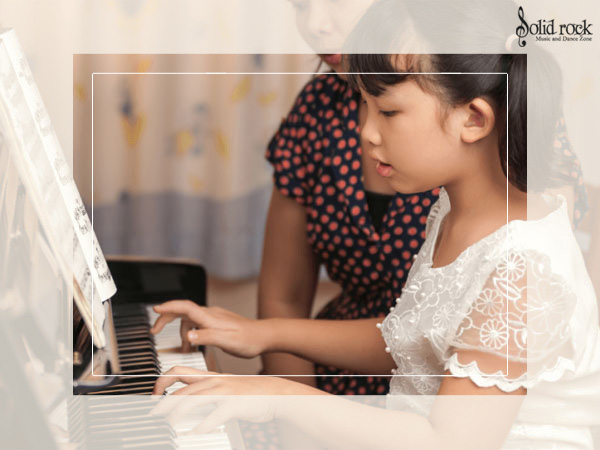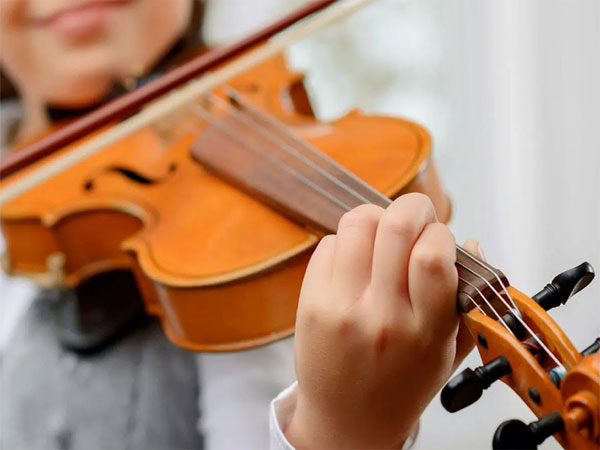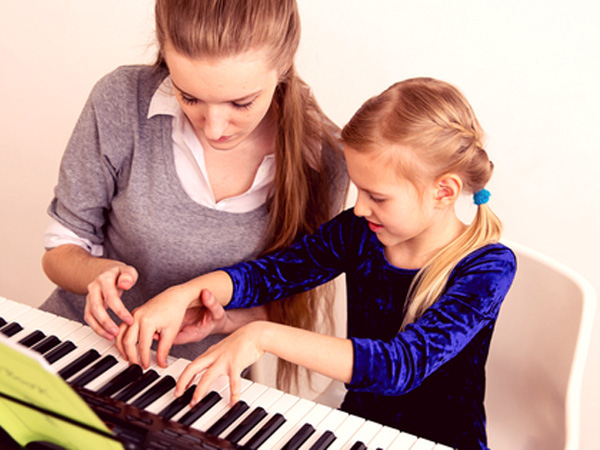Learning Piano for Kids – Many parents have this dilemma that whether they should make their kids learn to play piano or not. Do you have a similar dilemma? If yes, maybe knowing the various benefits kids get by learning to play the piano would help you decide faster.
Given below are ten benefits that are associated with kids learning to play the piano.
Learning to Play the Piano Develops Self-Esteem
Playing the piano helps to get over shyness. It is similar to public speaking However, one does not need to look at the audience or talk loudly.
From when kids play their first tune to when they perform in front of an audience, their confidence boosts up. There seem to be no boundaries. As kids advance their skills, the door to the next level opens for them. Their self-assurance grows with each stride.
You can visit a music studio in Dubai to excite your kids about learning to play musical instruments.
Learning to Play the Piano Helps Promote Education
An incredible thing about a kid’s growing self-esteem is the shift they tend to have in their education. When students become confident in their musical abilities, they tend to be confident when it comes to school studies too.
There seems to be a connection between learning life skills, like playing a musical instrument, and performing better in the classroom. Encouraging children to take on a new skill is great gift parents can offer to them in their childhood.
It Prepares Students for School Band
Learning to play the piano teaches some of the key concepts that students need to know for performing in the school band. Who knows your kid may become a great band member in their school and college years and even after that.
You can search for a music studio in Dubai and enrol your kid in a piano class for beginners.
Children Perform Better in School
Various studies have shown that young children who have developed rhythm skills perform better in academics in their early school years. Also, kids who take music lessons have better verbal memory skills than others. Such students may find it easier to learn in school.
Learning to Play Piano Relieves Stress
Many studies show those who play the piano have less anxiety and depression. Also, they have better overall mental health. The cathartic nature of playing the piano helps children to relieve stress and maintain a calm state. It can also increase their positivity.
Many people who play musical instruments believe that playing musical instruments helps them to remain calm and composed.
Learning to Play the Piano Improves Physical Health
Playing the piano increases hand-eye coordination and dexterity. Learning to play the piano uses fine motor skills which may help improve the kid’s physical health.
After practice, their fingers would most likely get more adept at using the keyboard. Therefore, if a child struggles with hand-eye coordination, piano classes for kids could be great for them.
It Enhances the Ability to Take Criticism
While learning a new musical instrument, children would naturally receive positive praise. Also, they would most likely receive constructive criticism. A competent instructor would commend them for a job well done and simultaneously provide constructive critique.
Learning to Play the Piano Improve Split Concentration
Playing the piano uses both mental as well as physical concentration. While it may be hard at first, split concentration becomes easier and easier. After some time, it becomes second nature for the students. This could help them in many areas of their life in the future.
It Increases the Brain’s Processing Capability
Our nerves go through a process known as myelination during childhood and adolescence. Therefore, the nerves act as additional layers of insulation for the brain. That is why enrolling in piano classes for kids can increase the processing capability of kids.
Learning to Play the Piano Facilitates Multitasking
When one plays the piano, their hands make independent moments. Their fingers hit many keys simultaneously and their eyes scan the music as they play the piano. In addition, their feet press the pedals.
That is why children who practice playing the piano may handle stressful situations better.
There are ten of the many benefits kids get when they learn to play the piano.
Solid Rock Music and Dance Zone offer piano lessons for beginners as well as advanced learners. They have experienced teachers and staff members. Many people who have enrolled in their learning classes recommend learning from them. You can visit their website to learn more about them and their services.


